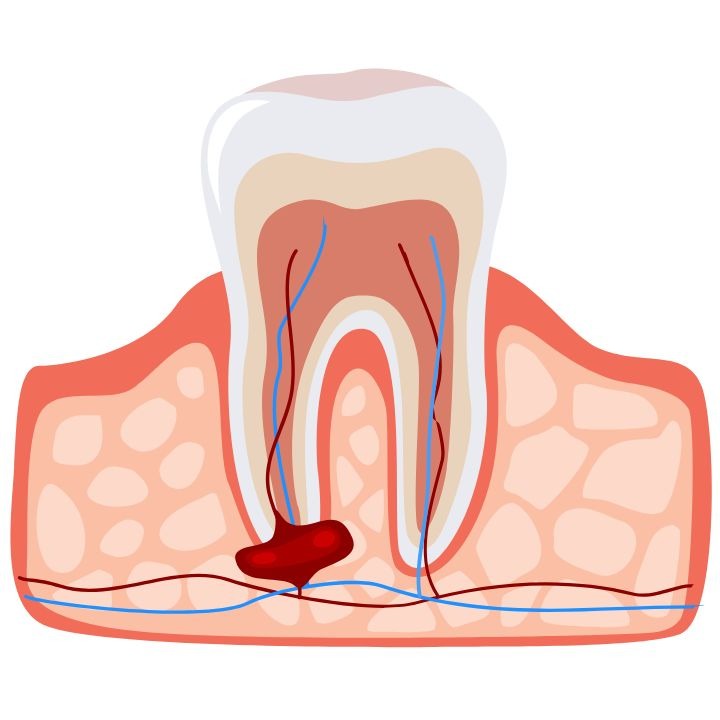Dental Cyst Management at RPS Dental Clinic
Dental cysts are a common oral health issue that can affect individuals of all ages. At RPS Dental Clinic, we prioritize the effective management and treatment of dental cysts to ensure optimal oral health for our patients. This guide provides an overview of dental cysts, their causes, symptoms, and the comprehensive management approach offered at RPS Dental Clinic.


Understanding Dental Cysts
What are Dental Cysts?
Dental cysts are fluid-filled sacs that can develop in the tissues around the teeth and gums. They are generally benign but can cause significant discomfort and lead to complications if left untreated.
Types of Dental Cysts
1. Periapical Cysts: These are the most common type, often resulting from an infection in a tooth's pulp.
2. Dentigerous Cysts: Usually found around the crowns of unerupted teeth, such as wisdom teeth.
3. Keratocystic Odontogenic Tumors: Known for their aggressive nature and tendency to recur.
4. Gingival Cysts: Typically found on the gums and are more common in infants.
Causes and Symptoms
Causes of Dental Cysts
Infection: Bacterial infections can lead to the formation of cysts around the root of a tooth.
Genetic Factors: Some cysts, like keratocystic odontogenic tumors, may have a genetic component.
Trauma: Injury to the mouth or teeth can result in the development of a cyst.
Symptoms to Watch For
Swelling and tenderness in the gums.
A noticeable lump in the mouth.
Difficulty chewing or pain when biting.
Discomfort or pain in the jaw.
Diagnosis and Treatment at RPS Dental Clinic
Diagnosis
At RPS Dental Clinic, we use state-of-the-art diagnostic tools to accurately identify and assess dental cysts. Our diagnostic process includes:
X-rays: To visualize the cyst and determine its size and location.
CT Scans: For a more detailed view, especially useful in complex cases.
Treatment Options
1. Monitoring: Small cysts that are asymptomatic may simply be monitored with regular check-ups.
2. Surgical Removal: For larger or symptomatic cysts, surgical intervention may be necessary to remove the cyst and prevent further complications.
3. Root Canal Therapy: If a cyst is associated with an infected tooth, a root canal may be performed to eliminate the source of infection.
4. Marsupialization: A procedure that involves creating a small opening in the cyst to allow it to drain, which can be useful for large cysts that are difficult to remove entirely.
Post-Treatment Care and Prevention
Post-Treatment Care
After treatment, our dental team provides comprehensive aftercare instructions to promote healing and prevent recurrence. This may include:
1.Regular dental check-ups
2.Good oral hygiene practices
3.Avoiding tobacco and excessive alcohol consumption
Preventive Measures
1.Maintain a consistent oral hygiene routine, including brushing and flossing.
2.Schedule regular dental visits for early detection and management of potential issues.
3.Address dental issues promptly to prevent complications that could lead to cyst formation.
At RPS Dental Clinic, we are committed to providing personalized and effective care for all dental health concerns, including the management of dental cysts. Our experienced dental professionals are here to guide you through every step of your treatment, ensuring a healthy and confident smile.

